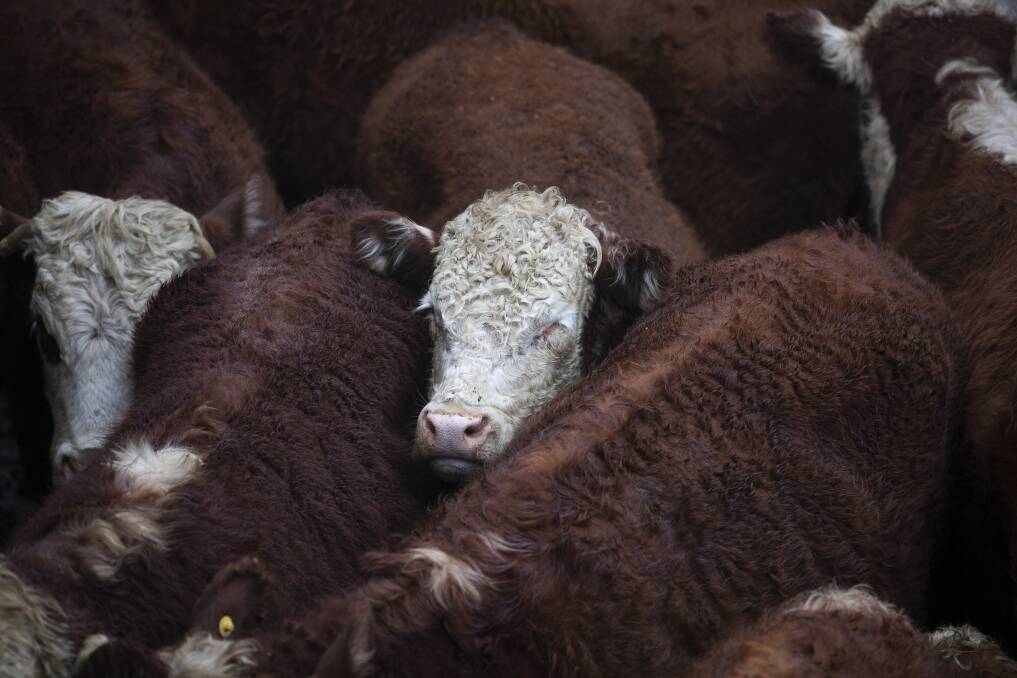Before handing down the Albanese government's first budget, Treasurer Jim Chalmers said, "it's an opportunity to put an end to a wasted decade of missed opportunities and messed up priorities."
Subscribe now for unlimited access.
$0/
(min cost $0)
or signup to continue reading
When it comes to animal welfare, we couldn't agree more, Treasurer.
During the Coalition era, animal welfare was relegated to state and territory governments, leaving a fragmented system with no national coordination or leadership.
The federal retreat from animal welfare began when the Abbott government scrapped the Australian Animal Welfare Strategy in 2013 - a crucial national roadmap for the development of consistent and robust animal welfare standards and policies to apply across the country.
We have been looking forward to a reinstatement of federal leadership after Labor took animal welfare policies to the 2022 election, committing $5 million over four years for renewing the Animal Welfare Strategy.
Labor also promised to provide $1 million a year to establish the office of the independent Inspector-General for Animal Welfare.
This new role would report on investigations and sanctions for breaches of Australia's animal welfare standards - important functions for bringing some much-needed federal leadership to national animal welfare governance.

As the budget approached, debate surged over whether Labor would hold fast to its election commitments. Our Treasurer assured us all, "we'll be implementing the commitments that we made to the Australian people before the election".
Except, they haven't quite yet for animals.
Missing from this budget is the promised $5 million in the coffers for the Animal Welfare Strategy.
And it is unclear what is planned for the independent Inspector-General for Animal Welfare.
The budget papers say they will be "expanding the functions of the office of the Inspector-General of Live Animal Exports to include animal welfare objectives for exported livestock."
But we think this is what the Inspector-General of Live Animal Exports already does.
The way we treat our animals matters to Australians.
A government-commissioned report by Futureye, titled Commodity or Sentient Being? Australia's Shifting Mindset on Animal Welfare, found that "95 per cent of people view farm animal welfare to be a concern and 91 per cent want at least some reform to address this".
READ MORE:
It matters to our trade partners too. The UK government and the EU have insisted on standalone animal welfare chapters in their Free Trade Agreements with Australia.
Australia's reputation as a poor performer in animal welfare cannot afford any more missed opportunities (Australia scored a D in the World Animal Protection index in 2020).
We understand there are matters to resolve but we are keen to see the government get moving to make up for lost ground.
It must fund the Animal Welfare Strategy in the next budget and expand the remit of independent Inspector-General for Animal Welfare, not limited to live exports.
Once again, in our Treasurer's words: "These priorities speak to who we are as a country, how we care for each other, and protect each other."
We need to make haste in better caring for and protecting our animals.
- Martine Lappan is the animal welfare law and policy campaigner with the Humane Society International.

